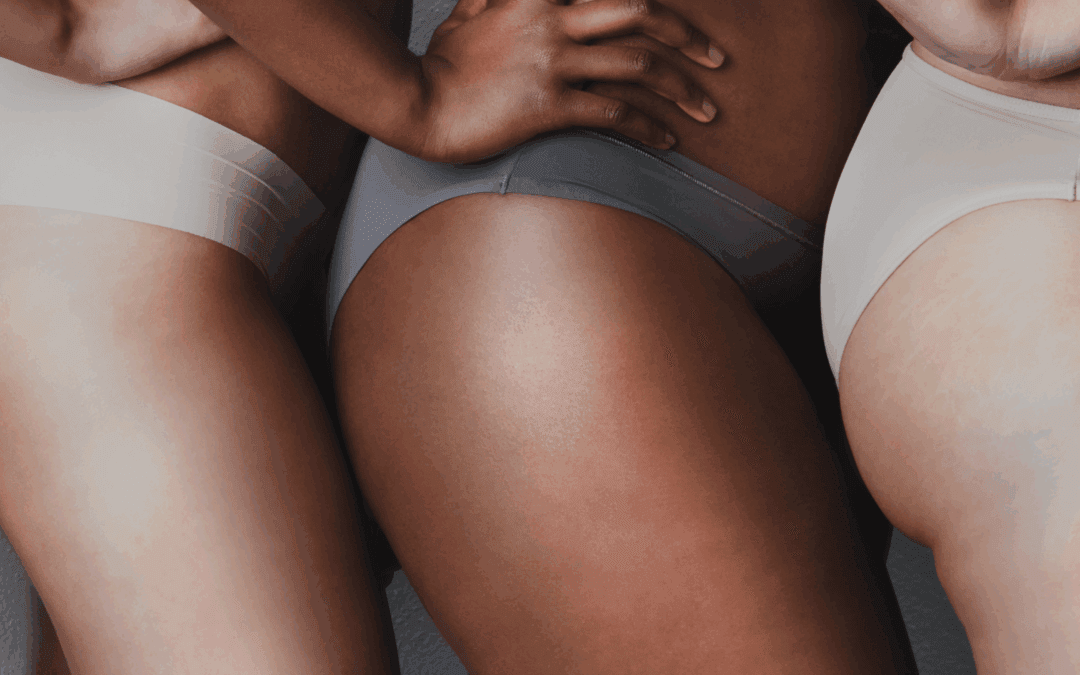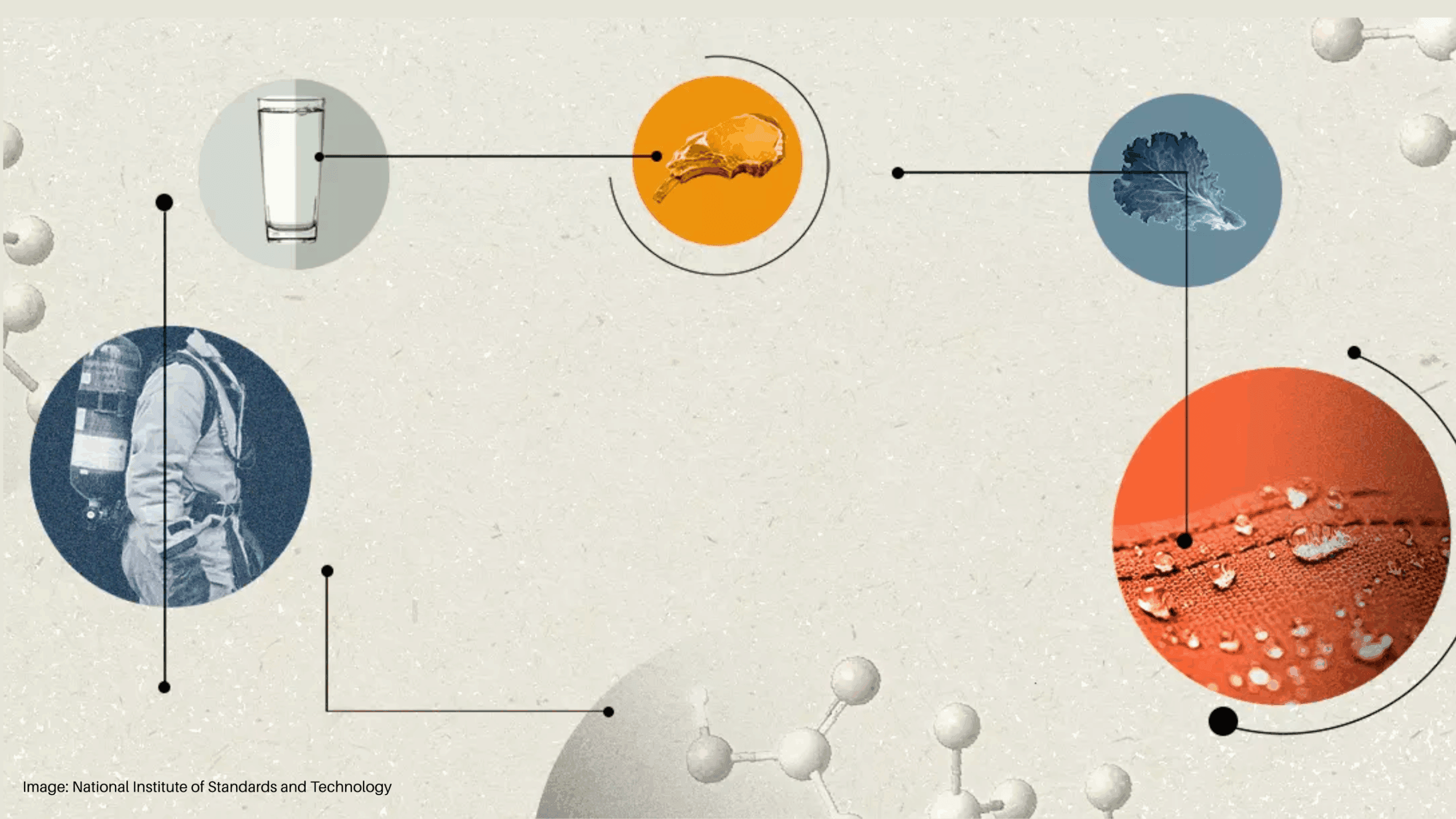L’Oréal have teamed up with carbon recycling company LanzaTech, and fuel company Total, to produce the first cosmetic plastic bottle made from industrial carbon emissions.
Premium Beauty News reports that “the production of this bottle is based on a three-step process in which each of the three companies has a specific role: LanzaTech captures industrial carbon emissions and converts them into ethanol using a unique biological process, Total transforms ethanol into ethylene before polymerizing it into polyethylene, and finally L’Oréal uses this polyethylene to produce the plastic packaging”.
The collaboration between the three partners has demonstrated that it is possible to produce plastic packaging from industrial carbon emissions, the next step is for them to work together on scaling the production of these ‘sustainable’ plastics. The industrialisation of the process is estimated to be completed in 2024.
How is this sustainable?
Premium Beauty News explains the process of turning pollution into packaging:
- The basic premise of the idea is that industrial gases typically produced by steel manufacturing plants, oil refineries or the chemical industry, will be converted by sending them through a bioreactor where LanzaTech proprietary bacteria transform the carbon monoxide into ethanol, and various co-products during a fermentation process. Once separated, the ethanol can be used as fuel or as a chemical raw material.
- Premium Beauty News note that recycling carbon emissions is an interesting alternative to the production of ethanol from sugar, as it does not need to use agricultural land, as well as helping to reduce greenhouse gas emissions that would otherwise contribute to climate change. The process is tolerant to different levels of hydrogen and to the presence of various contaminants typically found in industrial gases. To transform ethanol into ethylene, Total uses a dehydration process jointly developed with IFP Axens. Like the sugar ethanol transformation process implemented by Braskem in Brazil, this technology makes it possible to obtain ethylene, then polyethylene, with exactly the same characteristics than polyethylene obtained from fossil oil.
“We have the ambition to use this sustainable material in our bottle of shampoo and conditioner by 2024 and we hope other companies will join us in using this breakthrough innovation,” said Jacques Playe L’Oréal Packaging & Development Director
Read more about L’Oréal’s global sustainability pledges here.




